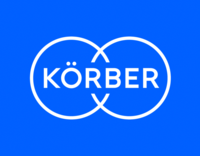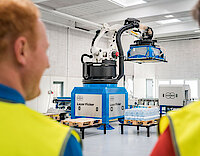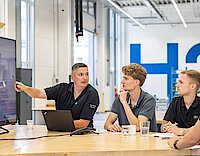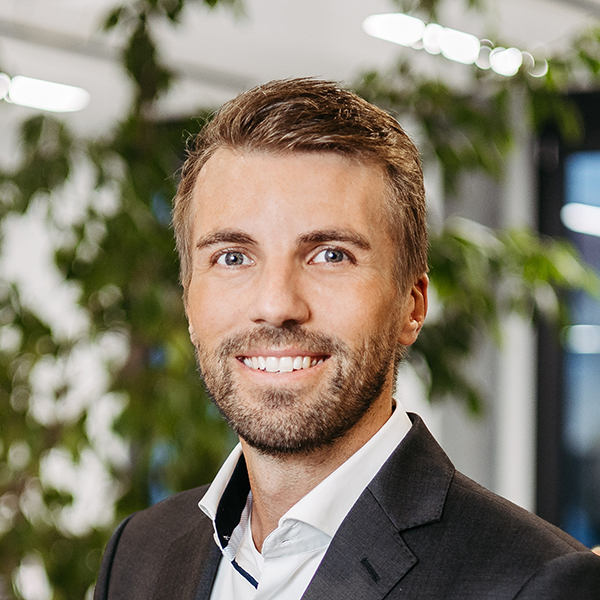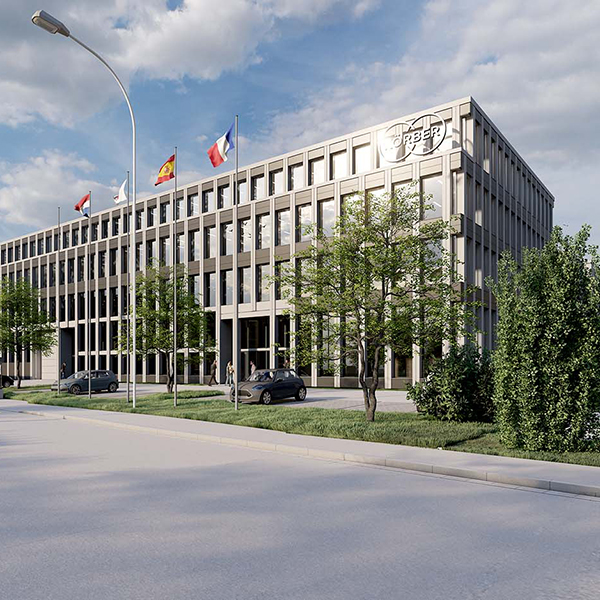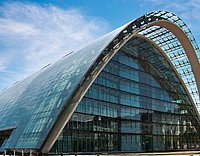
CO₂e neutrality refers to diminishing your own greenhouse gas emissions through measures to prevent and reduce them while offsetting them through permanent carbon capture and storage. It’s like balancing scales with emissions on the one side and a mixture of countermeasures on the other.
Net-zero is a more ambitious goal which prioritizes minimizing absolute carbon equivalent emissions as far as possible. However, the Science Based Targets initiative allows a residual quantity of 10 percent relative to the base year of the reduction plan. Only when minimization is achieved may organizations neutralize all remaining emissions through permanent carbon capture and storage. The key aim is to reduce emissions so that the total contribution to greenhouse gases is virtually zero.
Both concepts are incredibly important in combating climate change, but net-zero is a more ambitious, more extensive, more proactive approach. It can only be achieved through joint effort and requires each individual employee within the company to make their contribution.


